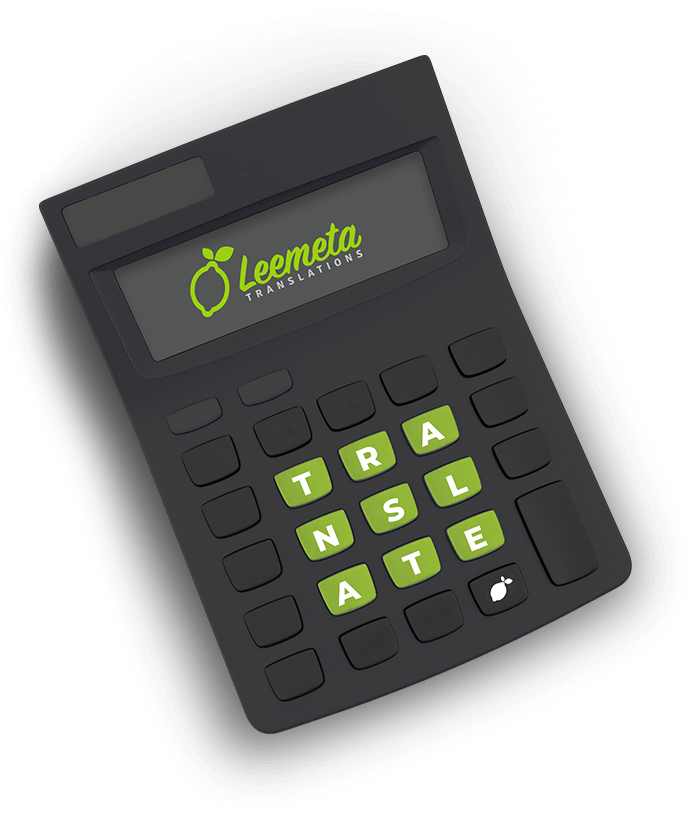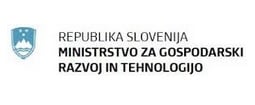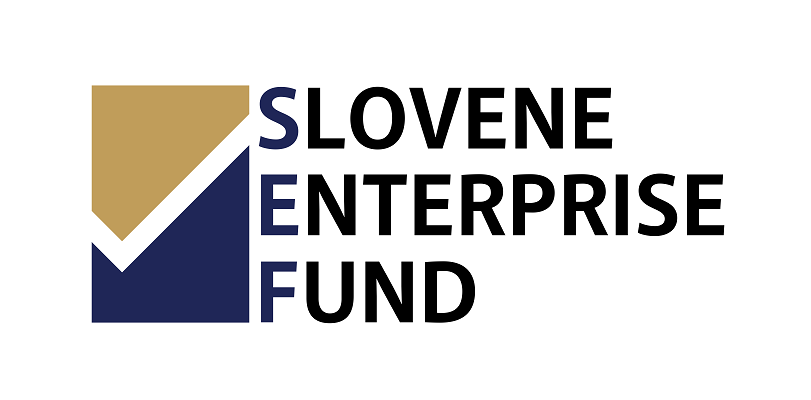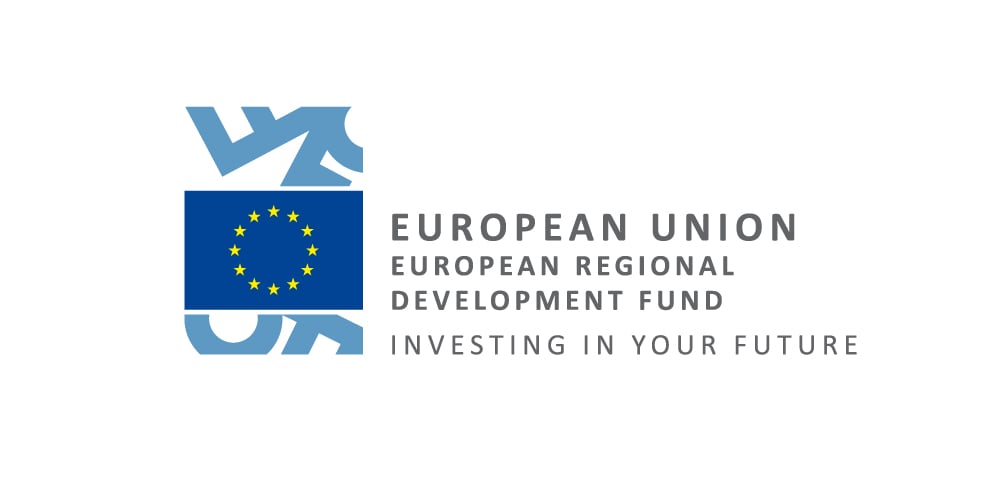Planning a business trip to Croatia? Whether you're about to strike a deal in Zagreb, meet a partner in Split, or mingle over coffee in Rijeka, using a few Croatian phrases can take you a long way. Not only will you appear respectful and professional, but you might even win some hearts – and business deals – by showing effort.
Here’s your essential phrasebook, peppered with context, cultural tips, and a dash of humour.
Finding Your Way (and Your Coffee)
You’ve landed. Your phone battery is low. GPS is having an existential crisis. Don’t panic – just ask:
- Kako najbrže mogu doći u središte grada?
How can I get to the city centre the fastest?
Always a good question when a taxi driver decides the “scenic” route involves three tolls and a trip past his cousin's vineyard. - Koliko je udaljeno? Mogu li ići pješke?
How far is it? Can I walk there?
Perfect if your suitcase has wheels with a vendetta. - Treba mi kava. Gdje se nalazi najbliži kafić s dobrom kavom?
I need coffee. Where’s the nearest café with good coffee?
Warning: Croatian coffee culture is real. Espresso is mandatory, and sipping it slowly is practically a local sport.
Rock That Meeting
You’re finally seated at the table. You’ve smiled, shaken hands (firmly, but not crushingly), and now it’s time to start:
- Najljepša hvala što ste me primili.
Thank you very much for having me.
A classy start. You’re not just polite – you’re impressively well-mannered. - Sada kada smo svi prisutni, možemo početi.
Now that everyone’s present, we may begin.
Because nothing screams “prepared” like a good opener. - Nisam siguran da dobro razumijem što ste rekli. Možete li ponoviti?
I’m not sure I understood what you said. Could you repeat it?
Use this when "smiling and nodding" no longer works. It shows you care about accuracy – not just survival. - Da ukratko sažmem dogovoreno.
To briefly summarize what we’ve agreed.
Great for wrapping things up and showing you’re serious. Or at least trying to sound like it.
The Dinner Debrief
Dinner’s on. You've just crushed your pitch and now it's time to navigate menus, wine lists, and strong rakija without embarrassing yourself.
- Gdje mogu probati vašu tradicionalnu hranu?
Where can I try your traditional food?
A surefire way to get locals talking and maybe even sharing grandma’s recipe. - Je li ovo ljuto?
Is this spicy?
Important if your stomach starts protesting at paprika level two. - Ručak je bio izvrstan.
The meal was excellent.
Say it even if you're not sure what you ate. It’s the polite (and safe) thing to do.
Let’s Talk Money
Croatia now uses the euro, but a little finesse goes a long way when shopping for souvenirs or splitting bills.
- Mogu li dobiti kakav popust?
Can I get a discount?
A simple, polite question that can do wonders – especially at markets, family-run shops, or art stands where haggling is part of the culture. - Koliko košta ta ...?
How much does that ... cost?
Vital. Especially when eyeing that gorgeous hand-painted ceramic you don’t need but really want. - Je li napojnica uključena u cijenu?
Is the tip included in the price?
Because nobody wants to double-tip by accident (unless you’re feeling wildly generous).
Words That Lie to You
Some foreign words pretend to be something they’re not – these are called “false friends.” Croatian has a few cheeky ones worth noting:
- Trudni – This doesn’t mean “tired” even though it sounds like it in many Slavic languages. It actually means pregnant. So unless you want to announce a surprise family addition, stick with umoran for “tired.”
- Skupo – It might sound like a baby kangaroo or a trendy coffee brand, but it simply means expensive. Not the vibe you want when trying to compliment a souvenir.
Keep an eye out for these linguistic imposters – they’re sneaky, and sometimes hilarious. Better to ask than to accidentally declare you’re expecting during a lunch meeting.
Wrap-up: Why Learn These?
Using a local language – even in snippets – shows preparation, humility, and cultural respect. It helps avoid awkward moments and opens doors (sometimes literally, if you’re lost in a hotel lobby). And let’s be honest – who doesn’t love it when a foreigner says something charmingly local?
So next time you’re headed to Croatia, pack a suit, your presentation, and these phrases. You’ll be surprised how much smoother everything goes when you can order a kava with confidence.












